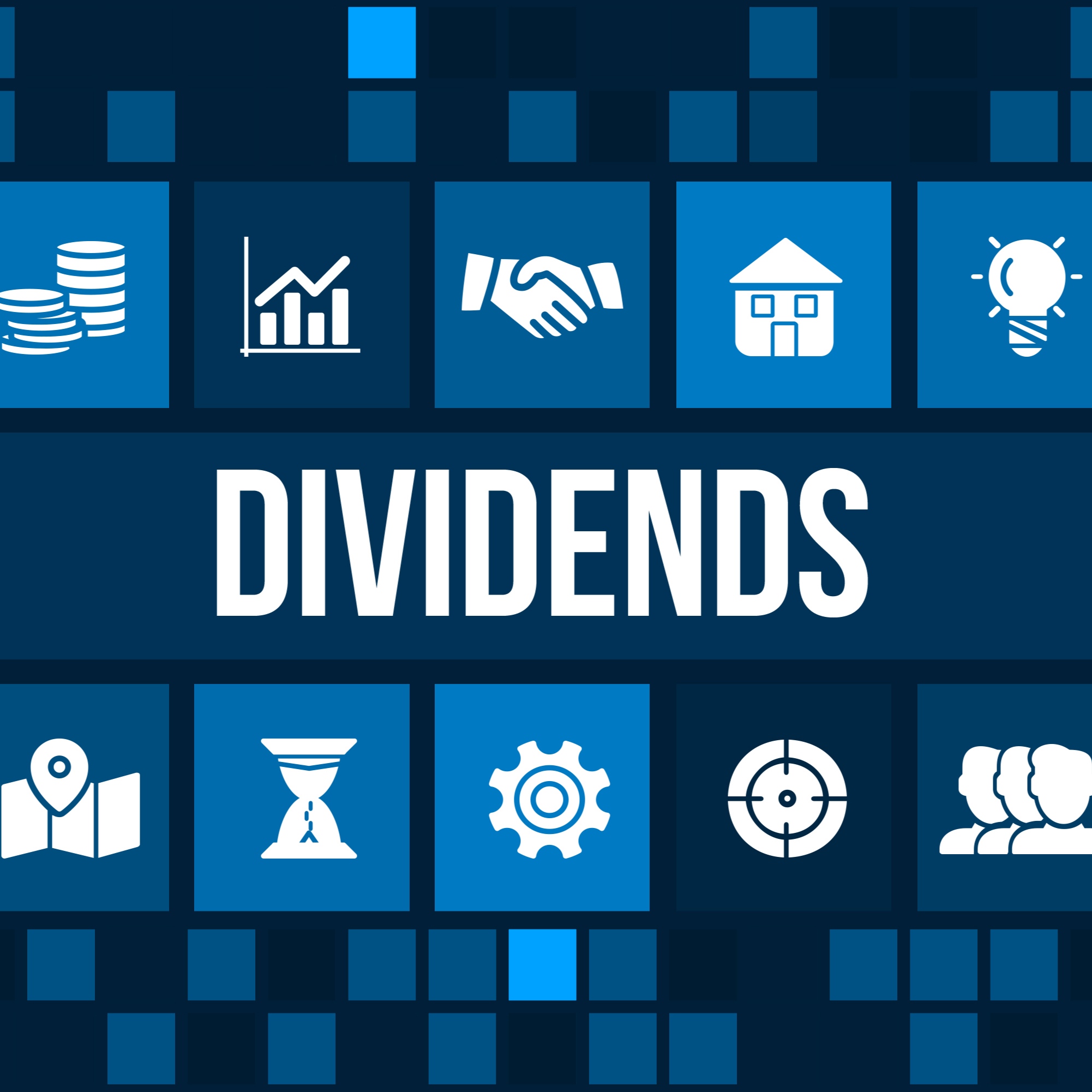Health and Healthcare
How Amgen's Larger-Than-Expected Dividend Hike Stacks Up to Peers

Published:
Last Updated:

Amgen Inc. (NASDAQ: AMGN) is getting aggressive enough on its dividend payout that you might think the biotech giant is now just a Big Pharma stock. The reality is that Amgen has been valued like a Big Pharma stock on and off for years now, but its dividend hike game is now much closer to making Amgen think like a Big Pharma stock when it comes to returning its capital back to shareholders via dividends and buybacks.
News broke on Monday that Amgen was raising its dividend payout by a sharp 27%. Its board of directors declared a $1.00 per share dividend for the first quarter of 2016, payable on March 8, 2016, to all holders of record as of the close of business on February 16, 2016.
This dividend hike is actually quite impressive when you tally up everything else going on here. The prior hike from a year earlier went to $0.79 from $0.61. That hike might have been higher on a percentage basis, at 29.5% versus the 27% hike this time. On a raw payout basis, the old hike was up by $0.18 per share and the new hike is up by $0.21 per share.
What stands out about this new dividend hike is that Amgen’s prior yield, based on a $162.62 close, was 1.94%. The new yield, also based on that closing price, will be 2.46%. That might not be considered a high-yield dividend by any stretch of the imagination against some very high payout stocks, but that would now be within about a point in the yield of Merck & Co. (NYSE: MRK) and Pfizer Inc. (NYSE: PFE).
In broader biotech, Amgen’s newer dividend is now also almost one point higher in yield than Gilead Sciences Inc. (NASDAQ: GILD) with its 1.7% yield. The fact of the matter is that most of the key biotech stocks are not returning capital to shareholders via dividends. Some are buying back stock, as Amgen has, but most continue to invest heavily on the cure for cancer or chasing cures for other diseases.
Gilead did not come public until 1992, and its yield is currently about 1.7%. Pfizer just raised its dividend, but it currently yields about 3.5%. Merck’s current dividend yield is close to 3.5% as well. Amgen started paying a dividend back in 2011. Prior to that its stock had split on five different occasions since 1990. Amgen was also one of the first big biotechs to come public (back in 1983).
Amgen’s market cap at the close was nearly $123 billion. The company’s most recent balance sheet (September 30) had over $31 billion in cash, cash equivalents and short-term investments. Still, the balance sheet also had $30.5 billion in long-term debt. Amgen’s total assets were listed as almost $71.9 billion, versus $43.9 billion in total liabilities.
As far as what a $4.00 per share dividend payout each year would be compared to, that is $10.06 in expected earnings per share expected in 2015 — and versus $10.66 in earnings per share expected in 2016. Does Amgen still have the ability to disrupt the cholesterol drug market?
Amgen shares closed up 2.8% to $162.62 with a strong stock market performance on Tuesday. Its consensus analyst price target is $187.55 and its 52-week range is $130.09 to $181.81.
Take the quiz below to get matched with a financial advisor today.
Each advisor has been vetted by SmartAsset and is held to a fiduciary standard to act in your best interests.
Here’s how it works:
1. Answer SmartAsset advisor match quiz
2. Review your pre-screened matches at your leisure. Check out the advisors’ profiles.
3. Speak with advisors at no cost to you. Have an introductory call on the phone or introduction in person and choose whom to work with in the future
Take the retirement quiz right here.
Thank you for reading! Have some feedback for us?
Contact the 24/7 Wall St. editorial team.